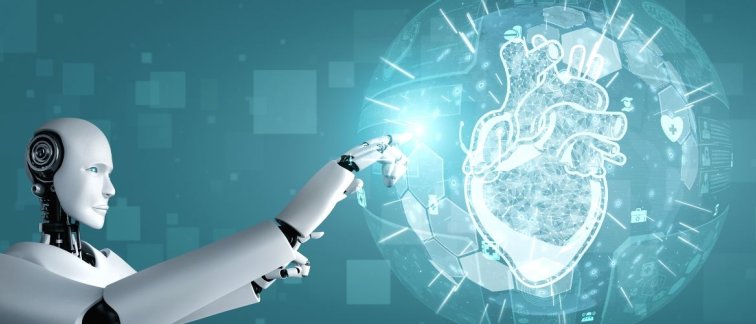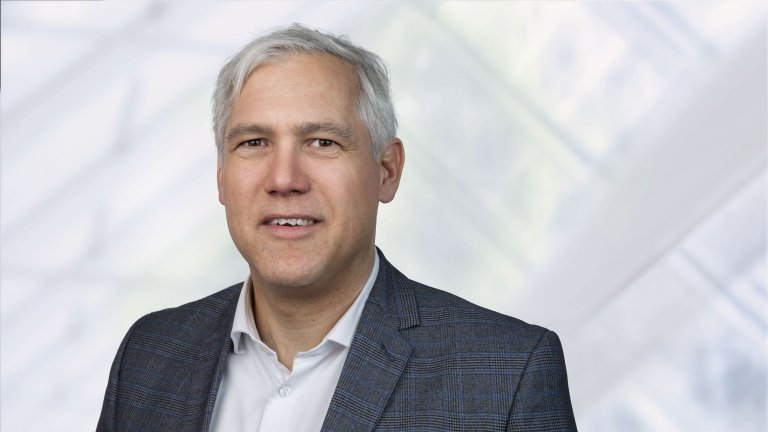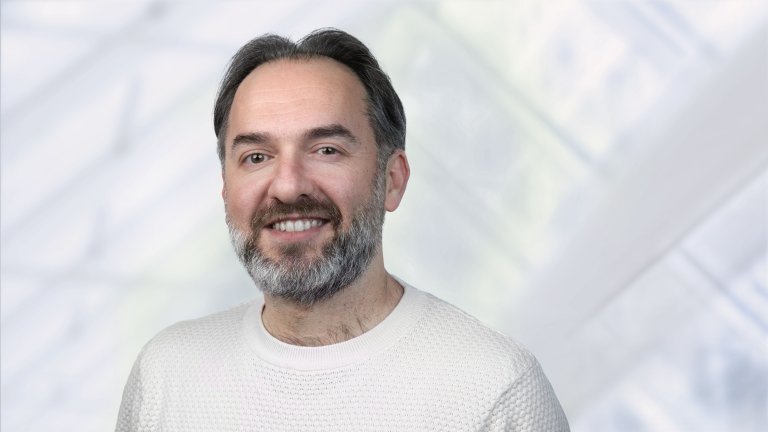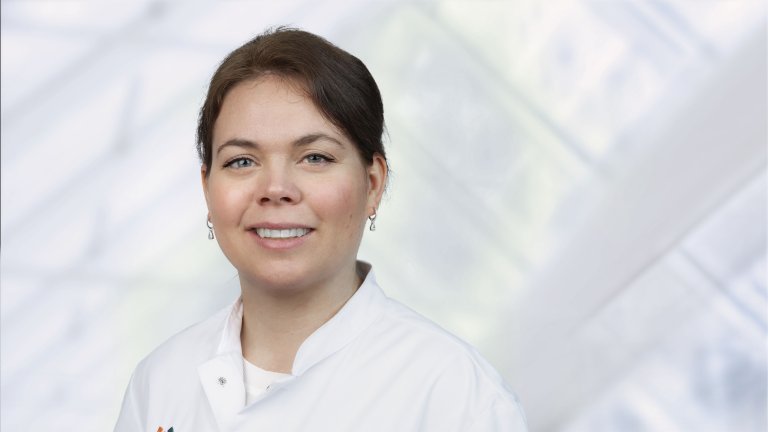The Amsterdam Center for Computational Cardiology is at the forefront of cutting-edge research in cardiovascular health. Our dedicated team of data scientists, epidemiologists and clinicians collaborate to bring about innovative advancements in computational cardiology, utilizing state-of-the-art techniques and technologies.
About
The Amsterdam Center for Computational Cardiology (ACCC) leverages multi-modal clinical data spanning information from imaging, genomics, electronic healthcare records, and clinical trials. We combine expertise in clinical cardiology with strong foundations in machine learning, computer science, biostatistics, and epidemiology to inform and improve cardiovascular health care from both a clinical and patient perspective.
We have expertise in the following areas:
Machine Learning
Through access to multi-modal population and clinical data we evaluate, improve, and derive prediction models for cardiovascular diseases, spanning coronary heart disease, ischemic stroke, atrial fibrillation, heart failure, and cardiomyopathies. Leveraging novel as well as canonical machine learning algorithms we have developed established and generalisable pipelines for feature selection & prioritisation, external validation, transfer learning, as well as modules incorporating multi-modal data such as from human genetics (polygenic scores), imaging and clinical measurements.
Data Standardization and Federated Learning
We are committed to establish standardized data formats, ensuring that information is efficiently shared and analysed. Within various projects, data harmonization pipelines are further optimized to insure data interoperability across institutes and borders. This allows our group to collaborate with other institutes using federated learning techniques across institutions to improve AI-based modelling while enhancing data privacy and improving the generalizability and applicability of developed models. This approach enhances our ability to develop advanced computational models and improving generalizability of developed models by combining information from various clinical institutes.
Natural Language Processing
A large part on patient health status is contained within free-text data in electronical health records. Whereas within clinical practice information is combined from free-text elements, diagnostic reports, measurements and combine this with information on patient treatment, medication and procedures, for research purposes, it is not as it is currently only accessible through manual labour-intensive clinical chart review. Within our group, we focus on natural language processing techniques to extract additional information on patient identification, phenotyping and guideline adherence from free-text and incorporating guideline-based knowledge within large language models to improve guideline directed therapy.
Cardiovascular Epidemiology
Our team excels in epidemiological research related to cardiovascular diseases, which helps us pinpoint risk factors, trends, and opportunities for prevention. Our experts specialize in prognostic research as well as the identification of causal relationships within complex cardiovascular diseases
Image and Electrocardiographic Analyses
We focus on improving information extraction to characterize subtle disease onset and progression from clinical measurements, such as cardiac imaging and electrocardiography to further enhance risk-stratification to guide treatment. When combining cardiac imaging, providing insight in cardiac structural and mechanical function, with the electrocardiogram, insight in cardiac electrical activity, the characterization of disease progression can be enhanced. Using artificial intelligence (AI)-methods, additional quantitative information can be extracted in an automated fashion from clinical data, therewith improving insight in disease onset and progression.
Digital Twins and Synthetic Data
We specialize in the creation of digital twin models, from physics-based methods in addition to fully data-driven models, making use of the multi-modal data collected in the clinic, including ECG, imaging, and laboratory measurements with the aim of fully characterising each patient in a generative model. This opens the possibility of simulating medications, risk reduction scenarios and intervention outcomes. In addition, it provides the possibility to generate fully anonymised synthetic datasets. The creation of simulated datasets enables multi-cohort mono-center studies without the need to share sensitive data, increasing the predictive power of models and accelerating collaborative efforts, without compromising patient privacy
Genetically guided drug target identification
We have developed extensively validated computational pipelines, linked to curated and standardized libraries of human genetic associations with transcriptomic, proteomics, metabolomics, clinical biomarkers, and disease outcomes. Through high-throughput techniques, linked to biomedical databases providing information on tissue expression, biological pathways, and protein-protein interactions, we can identify and prioritise drug targets with a likely effect in human subjects, leading to improved wet-lab experimental validation yield.
Clinically driven drug trials
Randomized controlled trials (RCTs) are widely regarded as the gold standard in clinical research, but they come with various challenges and issues. These include amongst others the resource intensity and associated costs as well as generalizability concerns where trial participants often not represent the diversity of patients encountered in clinical practice. We investigate how novel statistical techniques and innovative trial designs can aid in increasing the efficiency of trials expediting the delivery of new treatments to patients.
Meet our expert team
This video is not available because you have not accepted our video cookies.
Our network
The Amsterdam Center for Computational Cardiology (ACCX) takes pride in its extensive national and international research network. We actively collaborate with various consortia and institutions, fostering a global exchange of knowledge and expertise. These collaborations enable us to bring innovative solutions to the field of cardiovascular health.
Explore our collaborative efforts through the following links:
National collaborations
International collaborations











